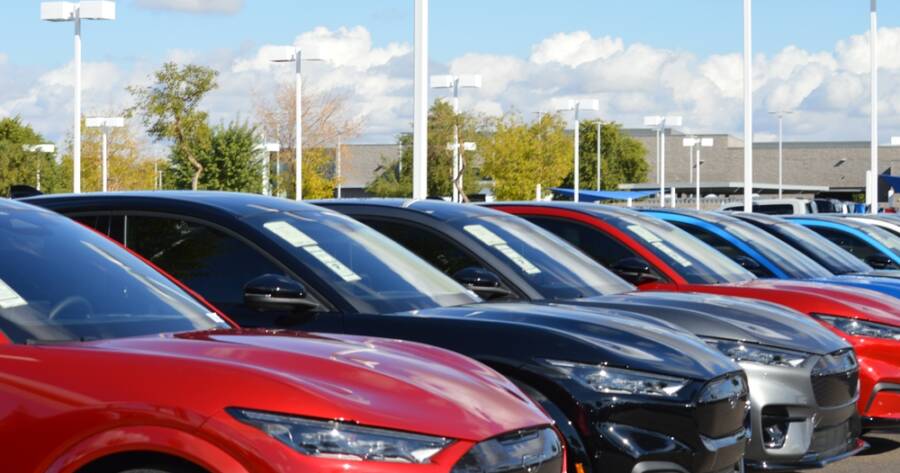Deciding between buying a new or used car has always been one of the most important financial choices for car buyers. In 2025, that decision is more complex than ever. With fluctuating interest rates, evolving technology, and supply chain disruptions still affecting inventory, buyers must weigh more factors than just the sticker price. So which option truly offers the best value in 2025 — new or used?
The Case for Buying New in 2025
1. Latest Technology and Features
One of the biggest advantages of buying new is access to the latest technology. In 2025, new cars come equipped with cutting-edge safety features like advanced driver-assistance systems, AI-powered alerts, and even semi-autonomous capabilities. Infotainment systems are smarter and more integrated than ever, and new electric vehicle (EV) models boast longer ranges and faster charging.
For tech-savvy drivers or those who prioritize safety, a new car may provide peace of mind and a more enjoyable driving experience.
2. Lower Maintenance Costs
New cars typically come with manufacturer warranties that cover repairs and services for several years or up to a certain mileage. This can translate to lower out-of-pocket maintenance costs, at least during the early years of ownership. Some dealers also offer complimentary maintenance packages, which further reduce initial upkeep expenses.
3. Better Financing Options and Incentives
Automakers often provide special financing rates for new vehicles, including 0 percent APR or cash-back offers. In 2025, with competition high and inventories rebuilding post-pandemic, many manufacturers are offering strong incentives to attract buyers. These deals can make a new car more financially appealing than it might seem at first glance.
The Case for Buying Used in 2025
1. Lower Purchase Price and Slower Depreciation
Used cars are almost always cheaper than new ones. In fact, the moment a new car leaves the dealership lot, it can lose 10 to 20 percent of its value. In 2025, even with slightly elevated used car prices compared to pre-pandemic years, the depreciation curve favors used vehicles.
A gently used car that’s two or three years old can offer the same features as a brand-new model — at a significantly lower price. Additionally, used cars tend to depreciate more slowly over time, which can result in better resale value later on.
2. Certified Pre-Owned (CPO) Programs
Many automakers offer certified pre-owned programs that include thorough inspections, extended warranties, and other perks. These vehicles are typically low mileage and well maintained, making them an attractive middle ground between new and used. CPO cars in 2025 come with updated technology, safety, and performance features, often making them feel just as fresh as a new car.
3. Lower Insurance and Registration Costs
Insurance premiums and registration fees are usually based on a car’s value. Since used cars cost less, owners often pay less to insure and register them. Over time, this adds up to substantial savings, especially for younger drivers or those on a tight budget.
Additional Considerations in 2025
Electric Vehicles and Hybrids
The used EV market is expanding rapidly in 2025, providing more affordable options for buyers interested in sustainability without the high cost of a new model. However, battery health and warranty coverage are crucial factors to consider when purchasing a used EV.
Supply and Inventory
While new car production has largely recovered, some models — especially hybrids and EVs — are still in short supply. Used car lots, on the other hand, are seeing more inventory as trade-ins and lease returns increase. Depending on what you’re looking for, availability might influence your decision.
What Offers the Best Value?
In 2025, the choice between new and used comes down to your personal priorities. If you want the latest tech, strong warranty coverage, and financing incentives, a new car might be the right move. But if you’re looking to save on purchase price, depreciation, and insurance, a used car — particularly a well-maintained or certified pre-owned vehicle — may offer better overall value.
Ultimately, the best value depends not just on the price tag, but on how well the vehicle fits your lifestyle, budget, and long-term goals.

